Have you been excited about food and mealtimes over lockdown? Or did the isolation stretch your creative capacity for home cooking a little too far?
If you are caring for an independent elder over lockdown, make sure you have some conversations about their appetite and their meals, even as the restrictions ease. Lockdowns impose a level of isolation on us which can threaten routines that normally safeguard good nutrition habits.
Keeping to a routine can be a superpower – until it’s a grind. If you are checking in with your elder from outside their bubble, ask them how often they are eating and if this has changed over lockdown. Older adults can tend towards eating less when they are depressed or finding life harder than usual. When the days start to blend into each other, finding enthusiasm for the same old, same old routine can be challenging. Trying new foods – even a new kind of chocolate biscuit or a seasonal fruit – can be a pleasant diversion from the mundane, and prompt new interest in eating.
Ask for some details about what they have been eating over the past day. This may seem intrusive, unless you already have a habit of doing this. One way to approach the subject is to chat about your own meals and then ask about theirs. If you are the person buying their groceries, this is a perfect time to discuss what their meals will be for the next couple of days.
In particular, listen for how often they are eating protein. Protein is king. Getting enough over the day is hugely important for older adults, and can be increasingly difficult to do as we age.
Here are some ideas for easy-to-eat and easy-to-make high protein foods:
Eggs
Hard boil half a dozen and keep them in the fridge to have with any meal or as a snack.
Make or purchase Scotch eggs (I call them ‘protein bombs’), or get a quiche from the deli section of the supermarket
Dairy
This includes milky drinks (milo, high protein milk), custard, ice cream, cheese (buy it ready-grated for easy use), yoghurt (especially Greek yoghurt), and cottage cheese.
Milk powder is useful for adding a bit of extra protein to dishes like mashed potatoes, creamy soups, even milky drinks. 1 tablespoon of milk powder has about 2g protein, which may not seem like much, but if you can add 5T to drinks and dishes over the day that’s an extra 10g protein, which is more than an egg has (7g).
Plant proteins – hummus, lentils, baked beans, peanut butter.
Baked beans on toast is a comfort food for many older Kiwis, especially topped with some grated cheese or an egg.
Peanut butter on toast is a good change up for breakfast or lunch
Hummus goes well on crackers, salads, and in sandwiches
Lentils go nicely in hearty soups
Meats
Canned tuna and chicken are easy to have on crackers, toast or bread. If cans are hard for your elder to open on their own, buy pouched tuna or sliced deli meats (chicken, beef, ham) for ease of eating.
If you are the shopper, you can purchase a cooked chicken from the supermarket, take the meat off the bone and deliver it already cut or shredded into easy to eat pieces.
Finally, eating is a social activity, so find ways to have fun conversations around food.
Talk about good food memories, such as a favourite dish, and family food traditions. Or talk about epic food failures and have a good laugh
Talk about new dishes you are trying out, or ones would like to taste test
Set up a zoom session and share afternoon tea or dinner together
Plan to prepare and eat the same meal as them and compare notes
Make plans to visit specific cafes when you can go out together again
If you want to refresh your meal ideas or could do with some coaching and cheerleading around making nutrition work for you, contact me!

